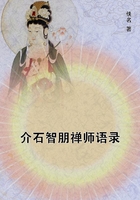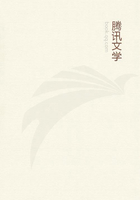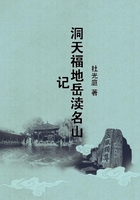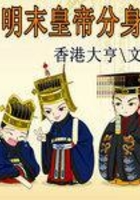The opposition defined, the two sides of which are in modern times really related to one another as totalities, also has the form of an opposition between reason and faith, between individual perception and the objective truth which must be taken without reason of one's own, and even with a complete disregard for such reason. This is faith as understood by the church, or faith in the modern sense, i.e. a rejection of reason in favour of an inward revelation, called a direct certainty or perception, or an implicit and intuitive feeling. The opposition between this knowledge, which has first of all to develop itself, and that knowledge which has already developed itself inwardly, arouses a peculiar interest. In both cases the unity of thought or subjectivity and of Truth or objectivity is manifested, only in the first form it is said that the natural man knows the Truth since he intuitively believes it, while in the second form the unity of knowledge and Truth is shown, but in such a way that the subject raises itself above the immediate form of sensuous consciousness and reaches the Truth first of all through Thought.
The final end is to think the Absolute as Mind, as the Universal, that which, when the infinite bounty of the Notion in its reality freely emits its determinations from itself, wholly impresses itself upon and imparts itself to them, so that they may be indifferently outside of or in conflict with one another, but so that these totalities are one only, not alone implicitly, (which would simply be our reflection) but explicitly identical, the determinations of their difference being thus explicitly merely ideal. Hence if the starting-point of the history of Philosophy can be expressed by saying that God is comprehended as the immediate and not yet developed universality, and that its end-the grasping of the Absolute as Mind through the two and a half thousand years' work of the thus far inert world-spirit-is the end of our time, it makes it easy for us from one determination to go on through the manifestation of its needs, to others. Yet in the course of history this is difficult.
We thus have altogether two philosophies-the Greek and the Teutonic. As regards the latter we must distinguish the time when Philosophy made its formal appearance as Philosophy and the period of formation and of preparation for modern times. We may first begin Teutonic philosophy where it appears in proper form as Philosophy. Between the first period and those more recent, comes, as an intermediate period, that fermentation of a new Philosophy which on the one side keeps within the substantial and real existence and does not arrive at form, while on the other side, it perfects Thought, as the bare form of a pre-supposed truth, until it again knows itself as the free ground and source of Truth. Hence the history of Philosophy falls into three periods-that of the Greek Philosophy, the Philosophy of the Middle Ages and the modern Philosophy. Of these the first is speaking generally, regulated by Thought, the second falls into the opposition between existence and formal reflection, but the third has the Notion as its ground. This must not be taken to mean that the first contains Thought alone; it also has conceptions and ideas, just as the latter begins from abstract thoughts which yet constitute a duality.
First Period. - This commences at the time of Thales, about 600 B.C., and goes on to the coming to maturity of the Neo-platonic philosophy with Plotinus in the third century; from thence to its further progress and development with Proclus in the fifth century until the time when all philosophy was extinguished. The Neo-platonic philosophy then made its entrance into Christianity later on, and many philosophies within Christianity have this philosophy as their only groundwork.
This is a space of time extending to about 1000 years, the end of which coincides with the migration of the nations and the decline of the Roman Empire.
Second Period. - The second period is that of the Middle Ages. The Scholastics are included in it, and Arabians and Jews are also historically to be noticed, but this philosophy mainly falls within the Christian Church. This period is of something over 1000 years' duration.
Third Period. - Philosophy of modern times made its first independent appearance after the Thirty Years' War, with Bacon, Jacob B?hm and Descartes; it begins with the distinction contained in: cogito ergo sum. This period is one of a couple of centuries and the philosophy is consequently still somewhat modern.

